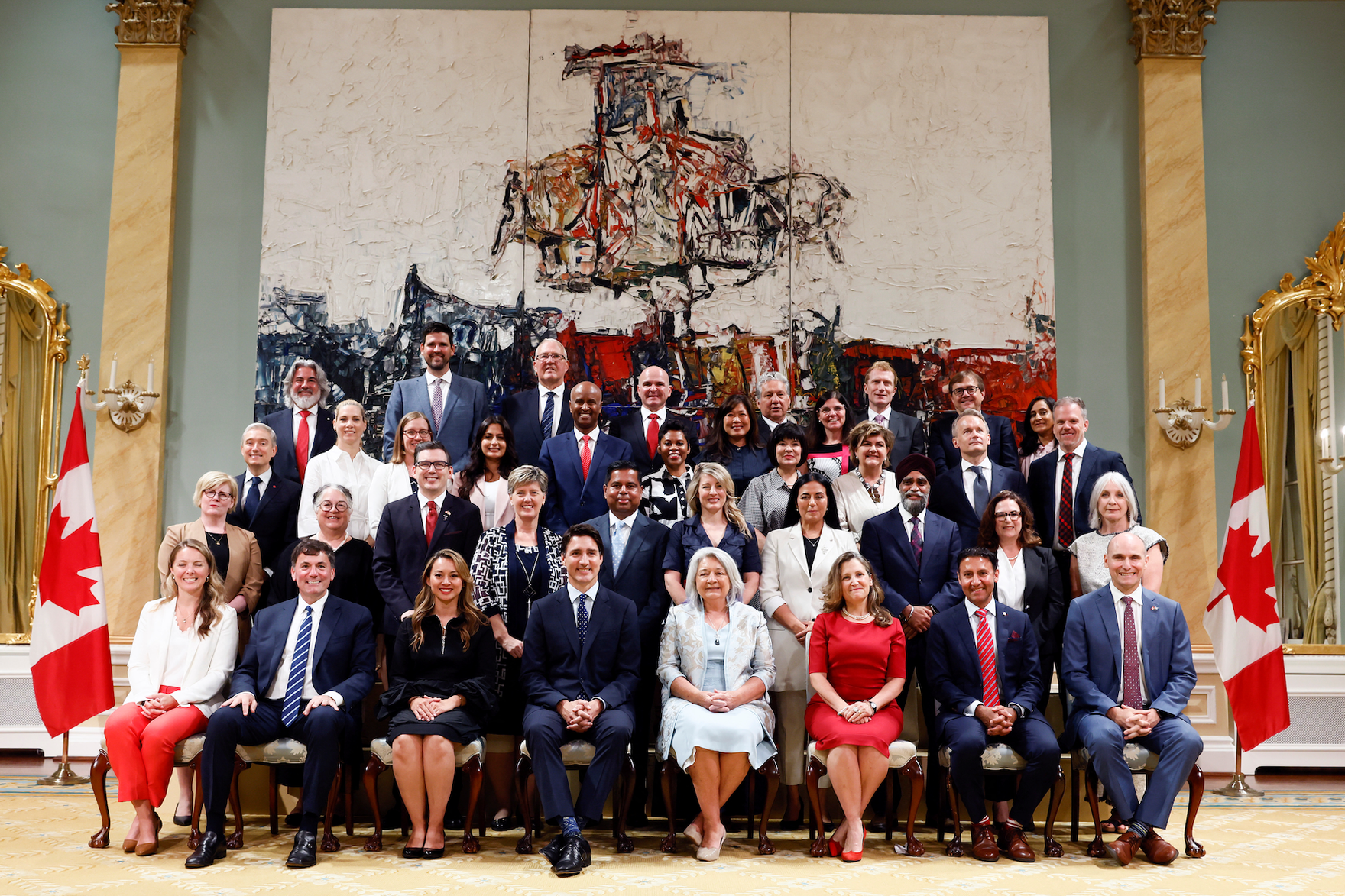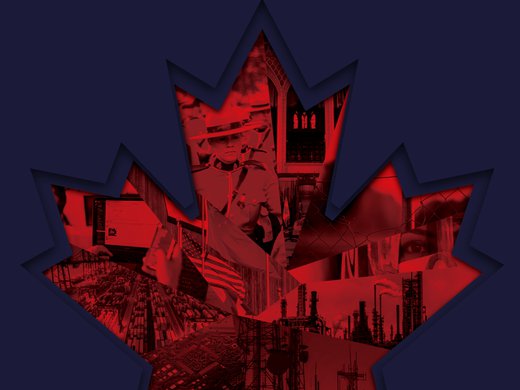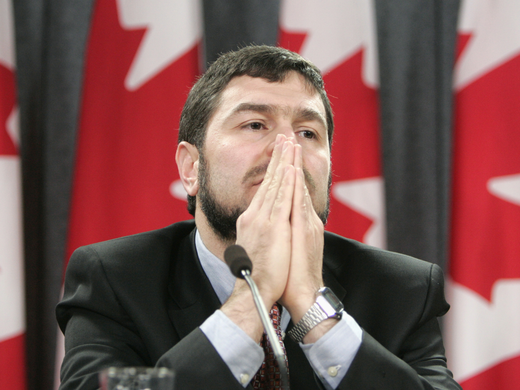Buried in the liner notes of the major cabinet shuffle unveiled Wednesday, July 26, was news that Canada will establish a cabinet committee on national security and intelligence. The new committee, the CBC reported, is to be “a forum for ministers to deliberate on and address issues of pressing concern to Canada’s domestic and international security.”
Is such an institution, at the highest levels of our federal government, needed in 2023? Unequivocally, yes. Recent events, in particular since the full Russian invasion of Ukraine launched February 24, 2022, have only reaffirmed the urgency.
Whether it’s the renewed centrality of the North Atlantic Treaty Organization at the heart of European security, in response to Russia’s war of aggression, or continuing threats to global food security (exacerbated by the war), irregular migration due to climate change, or increasing tensions between the United States and China over Taiwan, international threats have only multiplied in recent years.
Add to this the disruptive effects of digital technology, automation and most recently artificial intelligence, and it’s clear we are living in a vastly more perilous world even than in 2021, at the time of the last federal election. Canada has long benefited from its privileged geography, surrounded by oceans on three sides and with the world’s most powerful democracy providing a protective shield. Recent events, including Chinese interference in Canada’s democratic process, have been a wake-up call.
CIGI, which in 2021 recommended the creation of a federal cabinet committee on national security, has by no means been the only voice calling for a new approach. It’s to the government’s credit that it has heard the numerous calls from experts in this field. That said, continuing scrutiny will be required to ensure this shift meets the needs of the moment. Its significance will turn on the details, where, as the saying goes, the devil lies.
To the extent it is modelled on the US National Security Council (NSC) — as was the case with the United Kingdom’s NSC, established in 2010 — a permanent cabinet committee can be a highly effective means of focusing and coordinating federal efforts to safeguard Canadian security.
Indeed, the US NSC, established in 1947 by President Harry Truman, is de facto a cabinet committee, with permanent members including the president and vice-president, the secretaries of State, the Treasury and Defense. The chairman of the joint chiefs of staff is statutory military advisor, and the director of national intelligence provides intelligence advice. Senior White House officials, including the president’s chief of staff and senior economic advisor, are permanent invitees, with other senior officials weighing in as needed. The NSC staff, numbering more than 200, is led by the national security advisor, currently Jake Sullivan.
Few would expect a Canadian start-up, in an economy one-tenth the size, to match US resources. But it’s fair to ask whether Canada’s NSC will be typical of other recent federal cabinet committees — that is to say, mainly limited to discussion and co-ordination among ministers of related departments — or whether it will develop a robust policy-generation and decision-making function, with a mandate to be more than a clearing house for decisions made in the Prime Minister’s Office.
Real change demands that policy generation form the core of the council’s work. And that must start with a new national security strategy, which CIGI has long advocated, in tandem with the formation of the high-level committee.
Canada’s first (and only) national security strategy was written in 2004, in the reassessment that followed the September 11, 2001, attacks, and has not been updated since. In the past two decades, as the world has shifted on its axis, the federal government’s strategic approach has remained largely static.
If the new committee (which presumably will include the prime minister, the deputy prime minister and minister of finance, the minister of defence, as well as ministers responsible for public safety, treasury board, energy, transport and procurement) is to have heft, it will need staff. And, it requires permanent representation from the most senior levels of the Canadian military, the Canadian Security Intelligence Service, and the Communications Security Establishment. Most of all, the NSC will require active buy-in from the prime minister of the day, and his or her most senior staff.
There could be no better way to ensure such engagement than by giving the new security council a foundational “first job” of revamping and updating Canada’s outdated national security strategy, to include modernization of the North American Aerospace Defense Command, cybersecurity, updates to relevant legislation, and a revamp of defence and security procurement. If that is the path chosen, it can be transformative.
Arguably, given mounting global risks, nothing less will do.



